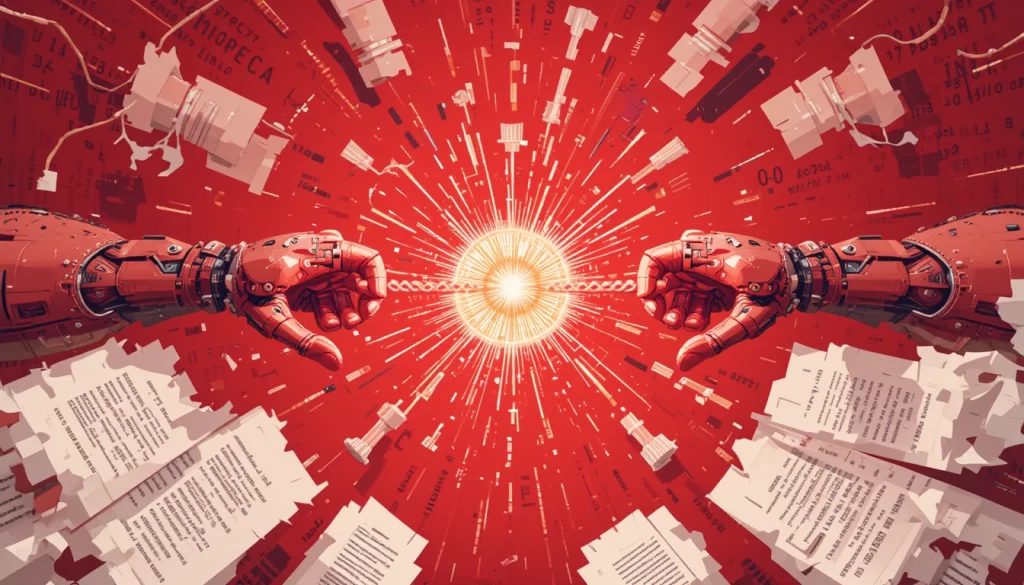In a swift reversal, U.S. officials have shifted their perspective on China’s AI application, DeepSeek. Initially lauded by President Donald Trump as a “positive” development and a “wake-up call” for Silicon Valley, DeepSeek is now under scrutiny for alleged intellectual property (IP) theft.
Allegations of IP theft
OpenAI, the developer behind ChatGPT, has raised concerns that DeepSeek may have utilized a technique known as “distillation” to replicate its AI models. Distillation involves training a smaller AI model using the outputs of a more advanced one, potentially allowing developers to create similar models with reduced resources. OpenAI’s terms of service explicitly prohibit this practice, and the company has taken measures to prevent such activities.
David Sacks, President Trump’s top AI adviser, echoed these concerns, stating that there is “substantial evidence” suggesting DeepSeek engaged in distillation of OpenAI’s models. He emphasized the need for U.S. AI companies to implement safeguards against such practices.
National security implications
The rapid ascent of DeepSeek has prompted broader concerns beyond IP theft. The U.S. Navy has banned its personnel from using the DeepSeek app, citing potential security and ethical issues. Experts warn that the app could store sensitive user data, which may be accessible to the Chinese government, posing national security risks.
The White House has also taken note, with Press Secretary Karoline Leavitt confirming that the National Security Council is evaluating the potential implications of DeepSeek’s AI application.
Market impact and ongoing investigations
The launch of DeepSeek’s latest chatbot led to significant market reactions, wiping $1 trillion from the market value of AI-linked U.S. tech stocks. OpenAI and its partner Microsoft are actively investigating whether DeepSeek inappropriately utilized their proprietary technology. Both companies have indicated that they are reviewing evidence related to these allegations and are collaborating with the U.S. government to protect their intellectual property.
Conclusion
The evolving stance of U.S. officials on DeepSeek underscores the complexities at the intersection of technological innovation, intellectual property rights, and national security. As investigations continue, the case highlights the challenges in safeguarding proprietary technologies in an increasingly competitive global AI landscape.
